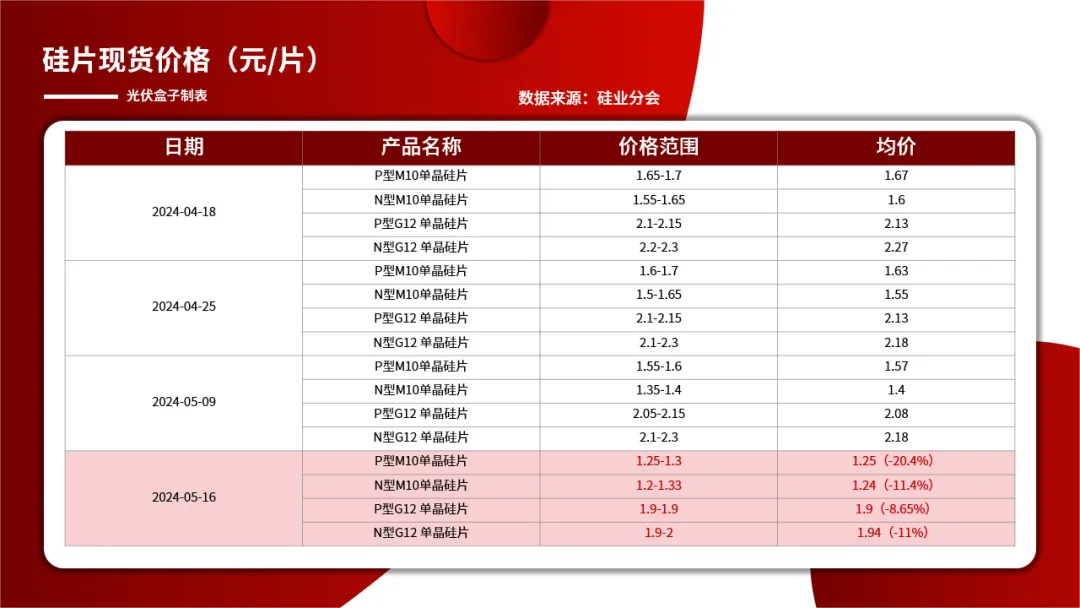Understanding the Basics and Applications of Electrical Inverters in Modern Technology
Understanding Electrical Inverters A Comprehensive Overview
Electrical inverters have become essential devices in modern electrical systems, providing the capability to convert direct current (DC) into alternating current (AC). This conversion is crucial as AC is the standard form of electricity used in homes and businesses worldwide. As technology advances and the demand for renewable energy sources grows, the importance of inverters continues to rise.
What is an Electrical Inverter?
An electrical inverter is an electronic device that converts DC, typically produced by solar panels, batteries, or fuel cells, into AC, which can be used to power household appliances, feed into the grid, or even be utilized for commercial purposes. The ability to perform this conversion allows for greater flexibility in how energy can be harnessed and utilized.
Types of Inverters
There are several types of inverters, each designed for specific applications and requirements
1. Pure Sine Wave Inverters These inverters produce a smooth, wave-like output that is ideal for sensitive electronic devices. They mimic the electrical current received from the grid, making them suitable for most electrical appliances.
2. Modified Sine Wave Inverters These inverters create a step-like approximation of a sine wave, which makes them less expensive but not ideal for devices sensitive to power quality. While they can power many devices effectively, they may cause incompatibility issues with certain electronics.
3. Grid-Tie Inverters These inverters are designed to work in conjunction with the electricity grid. They facilitate the flow of electricity from solar panels into the grid, allowing for net metering and reducing electric bills.
4. Off-Grid Inverters These are used in standalone systems, such as solar power setups in remote locations where grid access is not available. They typically have built-in batteries to store DC energy.
5. Hybrid Inverters These versatile units can connect to both the grid and battery systems. They are particularly beneficial for users who wish to utilize both renewable energy and grid power.
Advantages of Using Inverters
electrical inverter

The incorporation of inverters brings numerous advantages
- Energy Efficiency By converting DC generated from renewable sources into usable AC, inverters maximize energy use and reduce wastage. - Grid Stability Inverters contribute to grid stability by regulating the voltage and frequency of the electricity supplied by integrating renewable energy sources.
- Support for Renewable Energy With the increasing adoption of solar and wind energy, inverters facilitate the integration of these renewable sources into the existing energy grid, promoting sustainability.
- Access to Off-Grid Power In remote areas, inverters enable individuals and communities to access electricity, facilitating life improvements and economic development.
Challenges and Considerations
While inverters offer significant benefits, they also present certain challenges
- Cost High-quality inverters can represent a substantial investment, although they tend to pay off over time through energy savings.
- Efficiency Loss Inverters can experience energy loss during the conversion process, making it essential to choose efficient models to minimize losses.
- Maintenance Regular maintenance is required to ensure inverters function optimally, especially in off-grid systems where the inverter plays a crucial role in energy supply.
Conclusion
In summary, electrical inverters are vital components of modern electrical systems, bridging the gap between energy generation and consumption. As technology continues to advance and the push for renewable energy solutions intensifies, inverters will play an ever-increasing role in promoting energy independence and sustainability. Understanding the different types, advantages, and potential challenges of inverters can help consumers make informed decisions to optimize their energy systems for both home and commercial applications.
-
Unlocking Energy Freedom with the Off Grid Solar InverterNewsJun.06,2025
-
Unlock More Solar Power with a High-Efficiency Bifacial Solar PanelNewsJun.06,2025
-
Power Your Future with High-Efficiency Monocrystalline Solar PanelsNewsJun.06,2025
-
Next-Gen Solar Power Starts with Micro Solar InvertersNewsJun.06,2025
-
Harnessing Peak Efficiency with the On Grid Solar InverterNewsJun.06,2025
-
Discover Unmatched Efficiency with the Latest String Solar InverterNewsJun.06,2025







